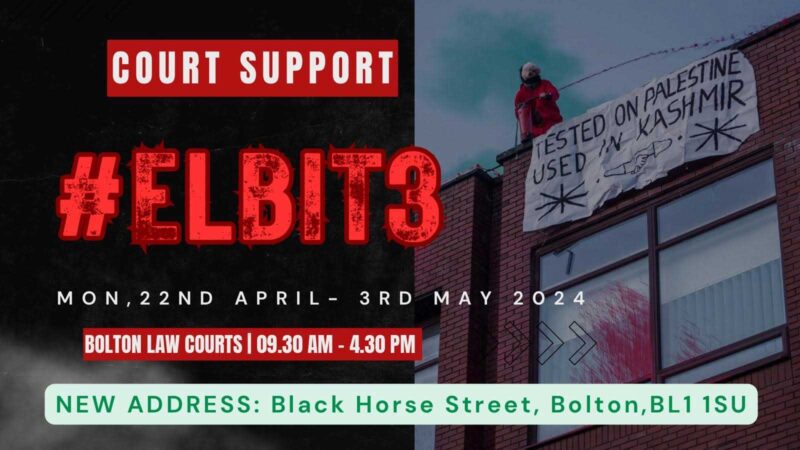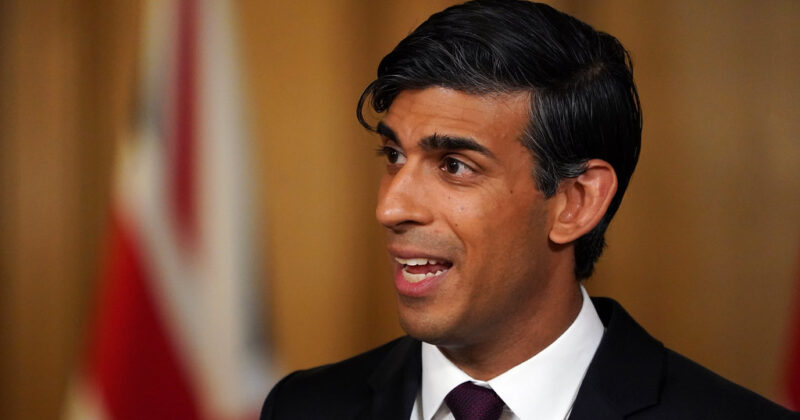Council crisis: jobs and services in firing line
Across the country, local councillors are voting on job cuts and the destruction of much needed services. At the same time, hundreds, sometimes thousands demonstrate outside, trying to block or slow down proceedings in the council chambers. Both sides know this could mark the beginning of a mass movement against the cuts.
The job losses are colossal: 2,500 in Nottingham, 2,000 in Manchester and Birmingham, 1,800 in Fife, 1,500 in Somerset, 1,000 in London boroughs Camden and Southwark – the list goes on. Any talk of managing cuts of this scale through voluntary redundancies and “natural wastage” is dead.
But if the jobs massacre is eye watering – and the Local Government Association warns that 140,000 council posts will go this year – then so too is the effect on communities. Iconic services that have been available for decades – school crossing patrols, libraries, park keepers, concierges, street cleaners – will be terminated or shrunk beyond recognition.
Less visibly but as destructively, they will devastate specialised services – for disadvantaged school children, black and Asian communities, the disabled, senior citizens and rape victims. Social care budgets have been slashed by as much as 75 per cent.
And that’s just for starters; the 2011-12 budgets will be followed by more cuts in the next two years, on top of those made by many councils last year. Forget the 1980s and Thatcher as a reference point – these are the biggest cuts since World War Two.
All in it together?
Of course these cuts will bite the poorest hardest. But inner-city councils are also disproportionately hit by the withdrawal of central government funds, and are unable to replace them by raising council tax.
Central funding to local authorities will be slashed by 9.9 per cent this year and 7.3 per cent next, but the poorest councils depend on this far more than others. Some, like Tower Hamlets and Hackney in east London, receive three-quarters of their revenue from central government, while over 80 government grants targeted at deprived populations will also disappear.
As a result, Labour-controlled urban councils are making cuts of around 15-20 per cent, with a few as much as 30-35 per cent. Meanwhile, in Windsor and Richmond the cuts will be less than 1 per cent; 32 of the 37 least affected councils are Tory-led. So much for the “We’re all in this together” claim from the Tories and their chief in charge of council cuts Eric Pickles.
Labour’s betrayal
That many of the councils making the biggest cuts are Labour-run has not dissipated the anger, but if anything increased it.
Labour councillor Theo Blackwell was howled down when he pleaded with protestors in Camden: “I believe in setting legal budgets. If the budgets are not set by us, they will be set by the opposition, if we vote them down, then the full time director will set it”
He was referring to the legal obligation councillors have to set a balanced budget. But it is better to break the poor than break the law!
Millions of working class families simply cannot absorb these cuts. Pensions and benefits are being slashed, VAT and inflation are eating into household budgets, and wages fell on average by £5,000 last year. Labour were re-elected in working class areas precisely to keep the Tory wolf at bay, not to let it in through the backdoor.
No cuts budget
The truth is there is an alternative. Labour councils can set ‘no cuts’ budgets. Let the government threaten to overturn the decisions of elected councillors and replace them with appointed directors. How will that make David Cameron’s “Big Society” look? Pretty small.
But instead of meekly handing over the reins to central government, like they did in Lambeth and Liverpool in the 1980s, Labour should agitate for mass action – strikes, civil disobedience and occupations – to defend jobs and services.
Of course, there is no chance of Labour councils – let alone Tory or Lib Dem ones – doing this on their own. So anticuts campaigns need to take action themselves. Wherever a service is threatened with closure or sell-off, we should occupy buildings and protect the assets. Wherever jobs are cuts, we should strike – with or without official backing if need be. Wherever councils meet to vote through cuts, we should flood them with questions and break up their meetings.
Providers and users of services can form an impressive united front to stop these cuts. If some Labour councillors come onto our side, all well and good; those that don’t, we will confront.
Our aim must be to unite all the local campaigns against the cuts into a national fight back, with coordinated strikes, up to and including a general strike, to stop all the cuts and bring the government down.






